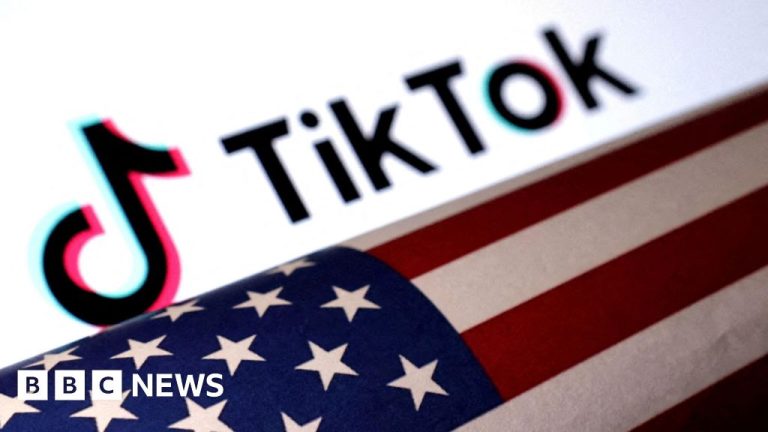TikTok's attempt to overturn a law that would see it banned or sold in the United States from early 2025 has been rejected.
The social media company hoped a federal appeals court would uphold its argument that the law was unconstitutional.
TikTok's lawyers told the court in September that a ban would have a “staggering” impact on the free speech of its 170 million U.S. users.
But the court ruled that the law “was the culmination of broad, bipartisan action by Congress and successive presidents.”
The law was “carefully crafted to address only control by a foreign adversary, and was part of a broader effort to counter a well-founded national security threat posed by the PRC (People's Republic of China).” , continues the decision.
The United States wants TikTok sold or banned because of what it claims are ties between its owners and the Chinese state — ties that TikTok and its parent company Bytedance have consistently denied.
TikTok and its parent company could now choose to take their ongoing fight against the law to the higher courts of the United States, including the Supreme Court, its highest authority.
Donald Trump's victory in the 2024 US presidential election could also provide a lifeline for the app.
Although he unsuccessfully attempted to ban TikTok during his first term in 2020, he said in the run-up to the November election that he would not allow the TikTok ban to go into effect.
TikTok and ByteDance have previously emphasized that they will not sell the platform.
They have not yet reacted to this decision, but the BBC has asked them for a response.
The United States Court of Appeals' District of Columbia Circuit overturned TikTok's motion to revise the law, meaning the platform would have to be made unavailable to U.S. users starting January 19.
Trump joined the platform during his campaign and claimed that cutting TikTok would unfairly benefit Facebook.
Meta, which owns Facebook as well as Instagram, WhatsApp and Threads, has sought to compete with TikTok's short-form videos within its own apps and made changes that users have compared to TikTok amid questions about the future of the application in the United States.
He has not yet made any comment on this decision.

